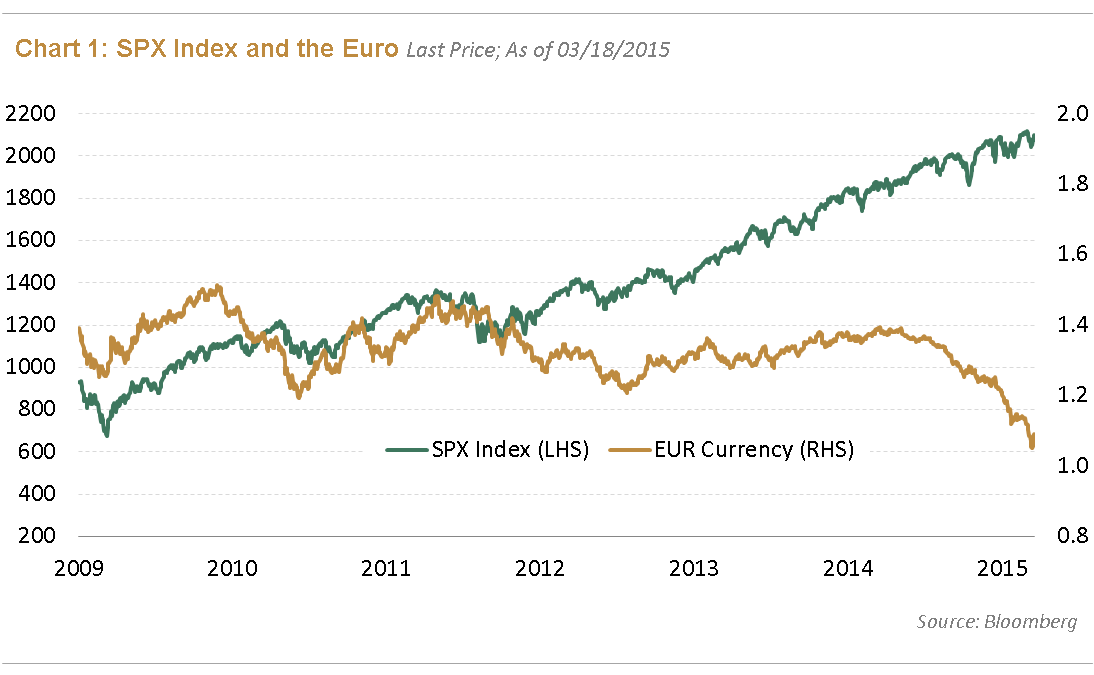Almost everyone who has been associated with a broker from time to time has lost money. Yet ever so often, there comes a time when you realize that they don’t necessarily deserve your loyalty since their profitability is directly dependent on the understanding of trading that their clients have of the stock market.
In most cases, they convince the client of great profits but sooner or later, there is more than one loss but what remains is the commission that you might have agreed with them on, as soon as you began your association with them. To put it simply, most experts believe that they’re all very eager to drain your account clean.

Perhaps one of the reasons why this is true is because unlike CTAs or fund managers whose best interests are directly linked to that of their clients (through taking a percentage of the profits if generated), brokers always get a commission even if the trading advice given to their clients are good, bad or just plain useless.
Strangely enough, the only way by which the brokerage industry measures the success of its performers is by how much commission they made in that year, and which has nothing to do with their clients’ profitability. So it only makes sense that he gets you to trade as much as possible so that he gets his commission from time to time.
So what should this tell you?
That you, as the investor, has to learn not to depend on the broker but make your choices when it comes to trading because even if you do find a good broker, you’ll have to learn to make those trades by yourself in the long run, making the broker (good or bad) irrelevant.

